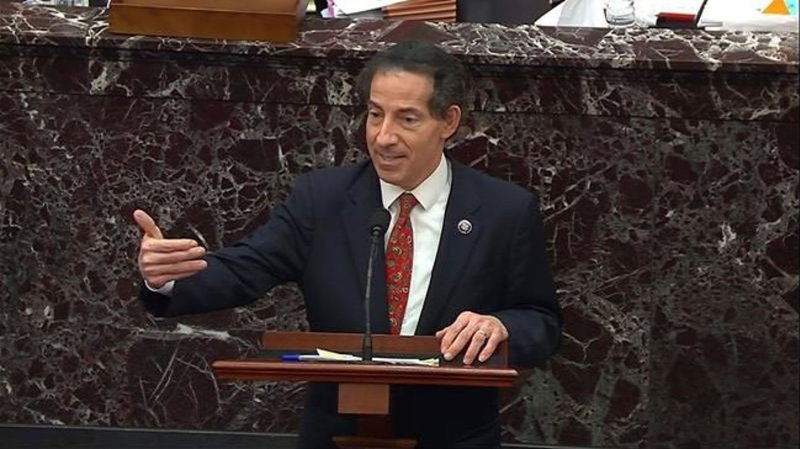
Senate poised to vote on holding Trump accountable for riot
WASHINGTON — Senators are poised to vote on whether Donald Trump will be held accountable for inciting the horrific attack at the Capitol after a speedy impeachment trial that laid bare the violence and danger to their own lives and the fragility of the nation’s tradition of a peaceful transfer of presidential power.
Barely a month since the deadly riot on Jan. 6, closing arguments are set for the historic trial in a rare Saturday session, held under the watch of armed National Guard troops still guarding the iconic building.
The outcome of the quick, raw and emotional proceedings is expected to reflect a country divided over the former president and the future of his brand of politics.
“What’s important about this trial is that it’s really aimed to some extent at Donald Trump, but it’s more aimed at some president we don’t even know 20 years from now,” said Sen. Angus King, the independent from Maine.


